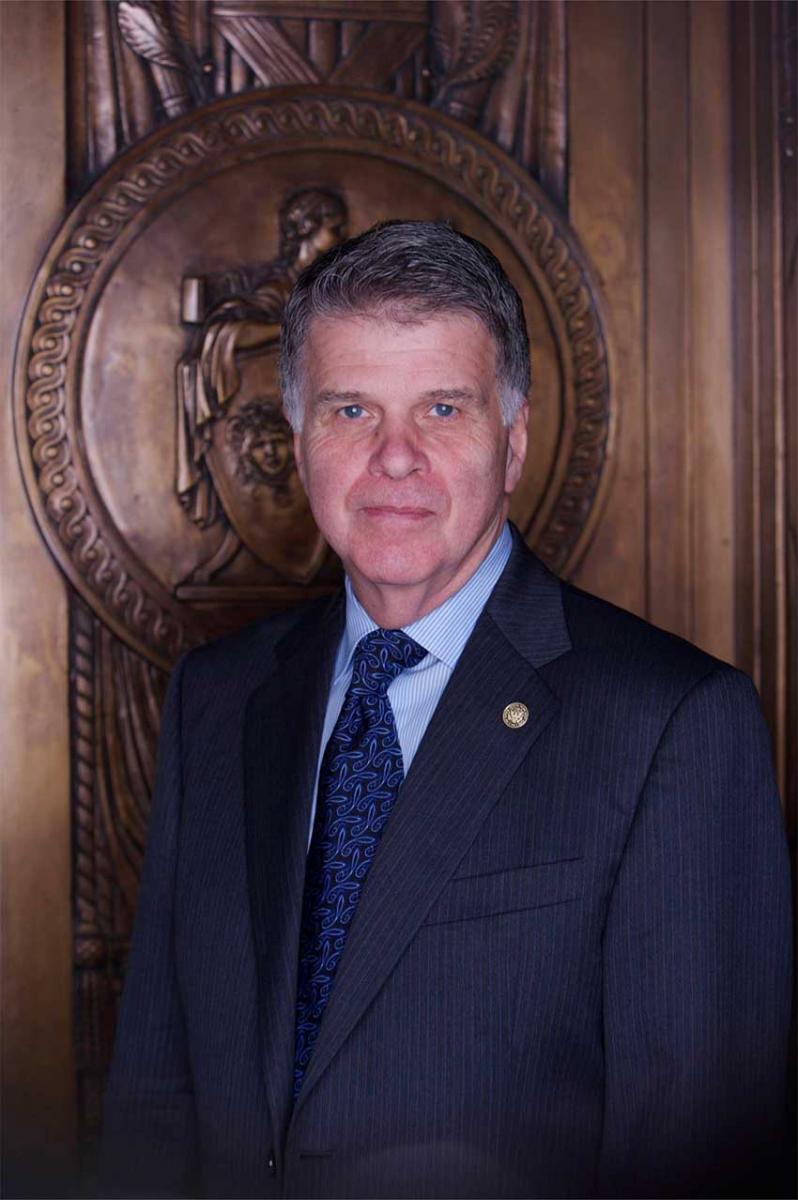
Remarks of Archivist of the United States David S. Ferriero at the media preview of the Grace Tully Collection of papers of President Franklin D. Roosevelt. Washington, D.C.
July 28, 2010
Good morning.
In the early evening of December 7, 1941, Franklin D. Roosevelt put aside the reports on the Pearl Harbor attack and carefully dictated what would become one of the most famous speeches in American history.
The person taking the dictation of this first draft of the “Day of Infamy” speech was Grace Tully, who had become Roosevelt’s primary personal secretary just a few months before.
Miss Tully had been with Roosevelt since his days as governor of New York, and many of his most sensitive letters, instructions, notes and even scribblings passed through her hands, her notebooks, and her typewriter.
So did personal messages TO Roosevelt from close friends and world leaders alike.
After many years of efforts by many individuals, the National Archives and the Franklin D. Roosevelt Library have finally obtained the papers Miss Tully collected during her years of service to the Roosevelts.
They also include the papers of Missy LeHand, who preceded her as primary personal secretary, as well as documents and notes that the President sent to his staff for action or information.
This collection is represented here today by a few of the letters, instructions, and notes from the papers of Miss Tully, Miss LeHand, and the President himself. What’s really important about the papers in this collection is that they will help to fill gaps in the record of a presidency that changed America.
Roosevelt did not keep a diary, did not sit for extensive interviews with historians, and did not live to write his memoirs. And he never completely confided in any one, not even his wife.
As a result, we have only a few records that reveal what he was thinking about –- much of it in correspondence and notes he made to staff, even notations on speech drafts or memos sent to him. It may well be that we will never understand the complete F-D-R. But the Grace Tully Collection should prove very valuable in increasing our understanding of the man who presided over America during the transformative years of the 20th century.
I want to recognize those who have worked hard to bring these papers to the Archives:
* Senator Charles Schumer, Representative Louise Slaughter, Senator Richard Durbin, Representative Jose Serrano, and Representative Maurice Hinchey.
* Ambassador William vanden Heuvel, chairman emeritus, Roosevelt Institute.
* Anna Roosevelt, chair, Roosevelt Institute.
* The donors of the papers, the Chicago Newspapers Liquidation Corporation, formerly the Sun Times Media Group, formerly known as Hollinger International.
* The counsel for the donors, Larry Kaye and Liz Holtzman.
* And special thanks to the National Archives staff involved in this effort: Cynthia Koch, Director, FDR Presidential Library; Robert Clark, supervisory archivist at the FDR Library; Gary Stern, National Archives General Counsel; and Jason Baron, Director of Litigation, National Archives.
Now I’d like to introduce the director of the Roosevelt Library, Cynthia Koch. . .
 The Archivist of the United States is the head of our agency, appointed by the President of the United States.
The Archivist of the United States is the head of our agency, appointed by the President of the United States.